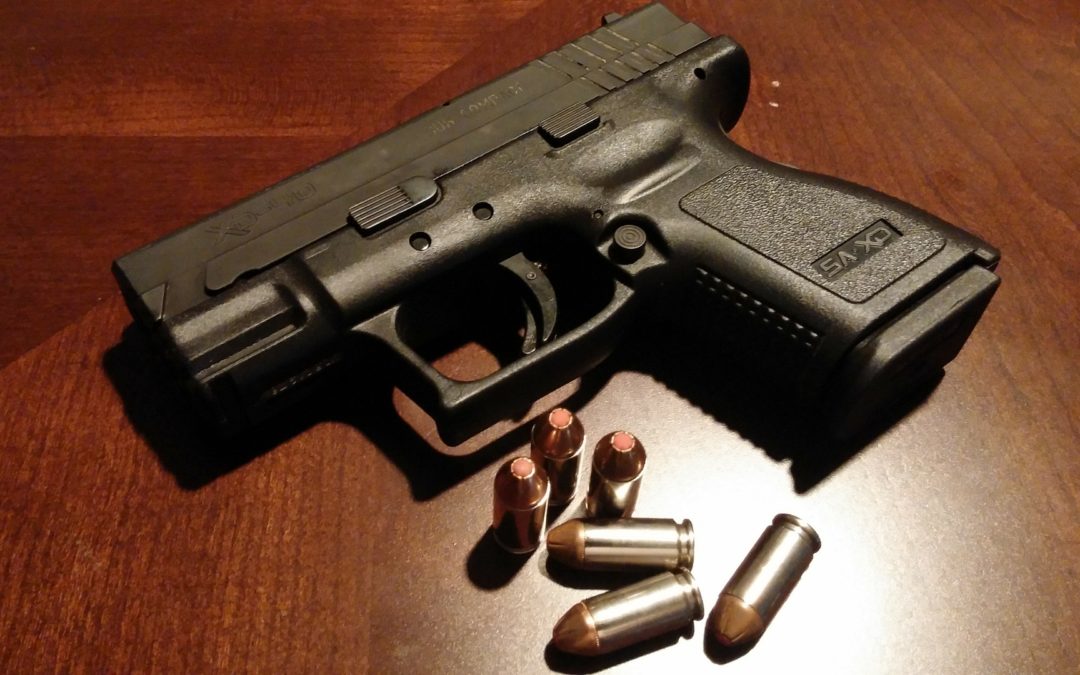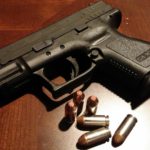Duties of the personal representative or executor of an estate (I’ll use ‘executor’ for both) include gathering, protecting and distributing assets that belonged to the deceased. In this part of the country, firearms are frequently part of the estate. After the firearms are safely unloaded and securely stored, it’s time to decide what you have.
In Tennessee, possession in one’s home of ordinary handguns, rifles and shotguns present few legal issues. However, Federal and state law strictly regulate items like short barrel rifles, short barrel shotguns, machine guns, suppressors (silencers) and “destructive devices”. Each of these has its own definition under the federal National Firearms Act (NFA) and Tennessee law, which should be consulted. If there are any doubts, talk to a knowledgeable attorney or firearms dealer who is licensed to sell NFA items. Nearly all the owners of NFA devices have gone through the background and registration process and legally own the device. But, as the World War II and Korean War veterans pass away, their survivors may find souvenirs from the battlefields that were never registered.
Once you have determined that you have an NFA item, the next step is a diligent search for the registration form to show that the deceased legally owned it. This is not to be taken lightly. Possession of an unregistered NFA item is a serious crime under federal and state law. Also, if the item is a registered machine gun, its value may be substantial.
If no registration forms are located, the estate’s attorney can contact the Bureau of Alcohol, Tobacco, Firearms & Explosives, (BATFE) to see if the item was ever registered. Unfortunately, if the item was never registered, it cannot be registered now. Usually, it must be turned over to law enforcement. If it has historical value, it might end up in a museum, but it cannot be transferred to an heir.
If registration forms are located or BATFE determines it is properly registered, there is a special transfer process through BATFE. Even better news is, there is no $200 transfer tax to a lawful heir.
RELATED POSTS:

Frantz, McConnell & Seymour, LLP offers legal services in virtually every area of civil and business law representing clients throughout East Tennessee.



